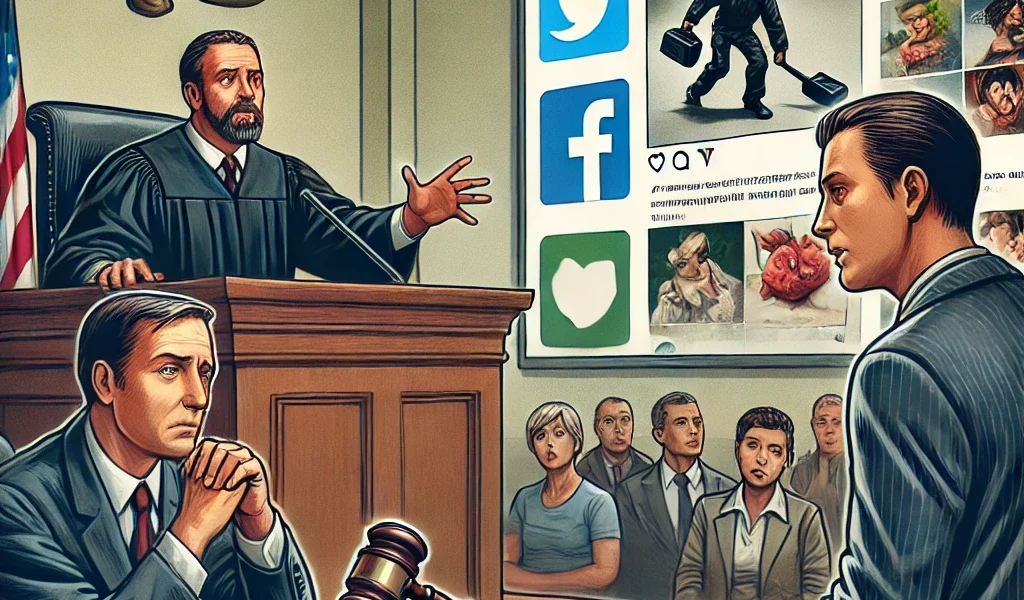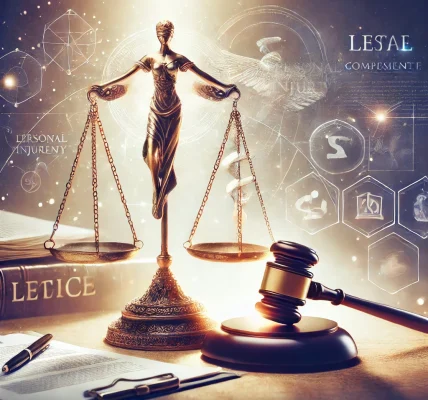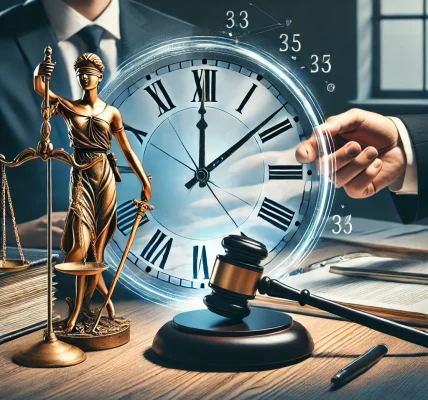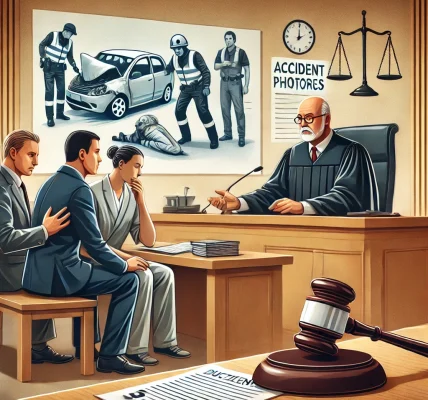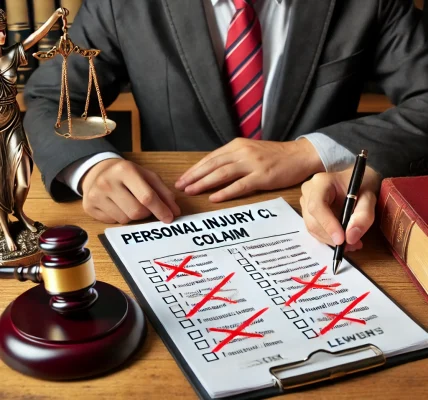Introduction
Social media has become an essential part of daily life, allowing people to share updates, photos, and personal experiences. However, if you are pursuing a personal injury claim, what you post online can significantly impact your case. Insurance companies, defense attorneys, and even courts can use your social media activity to challenge your claim and reduce or deny your compensation.
In this article, we will explore the various ways social media can affect your personal injury case, best practices to protect yourself, and what you should avoid posting during the claims process.
How Social Media Can Harm Your Personal Injury Claim
1. Contradicting Your Injury Claims
One of the most common ways social media can damage your case is if your posts contradict your injury claims. For example:
- If you claim to have a serious back injury but post photos of yourself at the gym, it could raise doubts about your condition.
- Sharing pictures of outdoor activities or vacations can be misinterpreted as proof that you are not as injured as you claim.
- Even simple posts like “Feeling great today!” can be used against you to argue that your injuries are not severe.
2. Posts from Friends and Family
Even if you don’t post about your injuries, your friends and family might. If a friend tags you in a post at a party, social event, or any physical activity, the opposing side may use it as evidence to challenge your case.
For example:
- A friend posts a group picture at a wedding, and you are seen dancing. This can be used to dispute your injury claims.
- Someone tags you in a hiking trip post, even if you were just present and not participating.
3. Surveillance by Insurance Companies
Insurance companies actively monitor claimants’ social media to find evidence that could help them minimize payouts. If they find posts that conflict with your injuries, they can use them to reject your claim or lower compensation.
They may look for:
- Photos/videos that suggest you are more active than claimed.
- Check-ins at events, vacations, or gyms.
- Posts indicating you are working, despite claiming lost wages.
4. Your Words Can Be Used Against You
Even harmless statements can be twisted by defense lawyers to weaken your claim. For instance:
- Posting “I feel fine today” can be used to argue that your injuries have healed.
- Apologizing for an accident (“I’m sorry this happened”) might be seen as admitting fault.
- Joking about the accident or your injuries can be taken out of context.
5. Private Messages Are Not Always Private
Even private conversations on platforms like Facebook Messenger, Instagram DMs, and WhatsApp can sometimes be subpoenaed and used in court. If you discuss the accident or your injuries in private messages, they could be reviewed by opposing attorneys.
Best Social Media Practices During a Personal Injury Case
1. Limit Social Media Usage
- The best way to avoid trouble is to stop posting on social media until your case is resolved.
- Avoid commenting on your injury, case, or accident.
2. Adjust Privacy Settings
- Set your profiles to private to limit who can see your posts.
- However, be aware that courts can still request access to your posts, even if they are private.
3. Do Not Discuss Your Case Online
- Never post about your legal proceedings, the accident, or negotiations with insurance companies.
- Avoid responding to comments or questions about your case, even from close friends.
4. Tell Friends and Family to Avoid Tagging You
- Ask your friends and family not to tag you in photos, videos, or location check-ins.
- Ensure they do not post anything about your accident or injuries.
5. Be Careful with Photos and Videos
- Avoid posting any new photos or videos during your case.
- Even old pictures could be misinterpreted if they suggest physical activity.
6. Do Not Delete Existing Posts
- Deleting posts after an accident might be seen as destroying evidence, which could hurt your credibility.
- If you are concerned about past posts, discuss them with your attorney before taking any action.
How Defense Lawyers Use Social Media Against You
Defense attorneys and insurance companies often look for ways to weaken your case. Here’s how they can use your social media posts:
- Contradictory Statements: If your medical records say you are in pain, but your social media posts show otherwise, it can be used against you.
- Pre-Existing Injuries: If they find old posts about previous injuries, they might argue that your current condition is not related to the accident.
- Physical Activity Evidence: Photos or videos showing you engaging in activities can be used to question the severity of your injuries.
- Travel and Lifestyle: If you post about vacations or social events, they may argue you are not suffering as much as claimed.
Legal Precedents and Court Decisions on Social Media Evidence
Courts have ruled in favor of using social media as evidence in personal injury cases. Some notable cases include:
- Romano v. Steelcase Inc. (2010): A court ruled that a plaintiff’s Facebook and MySpace posts were discoverable because they could contradict injury claims.
- Nucci v. Target Corp. (2015): The court allowed access to a plaintiff’s Facebook photos, ruling they were relevant to assessing injury severity.
- Forman v. Henkin (2018): The New York Court of Appeals decided that even private social media content could be admissible in court.
These cases highlight that anything you post online can be used as evidence. Courts generally allow access to relevant social media content if it relates to injury claims.
Conclusion
Social media can significantly impact your personal injury case, either strengthening or weakening your claim. Since insurance companies and defense attorneys actively monitor online activity, what you post can be used against you to deny or reduce your compensation.
To protect your case, it is best to limit social media usage, adjust privacy settings, and avoid discussing your injuries or legal proceedings online. If you have any doubts about past or future posts, consult with your personal injury attorney to ensure your rights are safeguarded.
By following these guidelines, you can avoid common social media pitfalls and maximize your chances of receiving the compensation you deserve.
